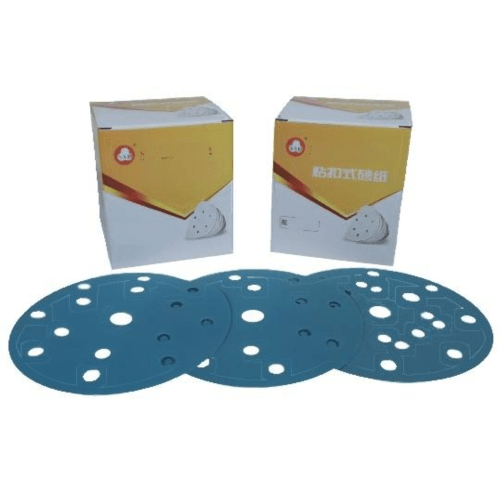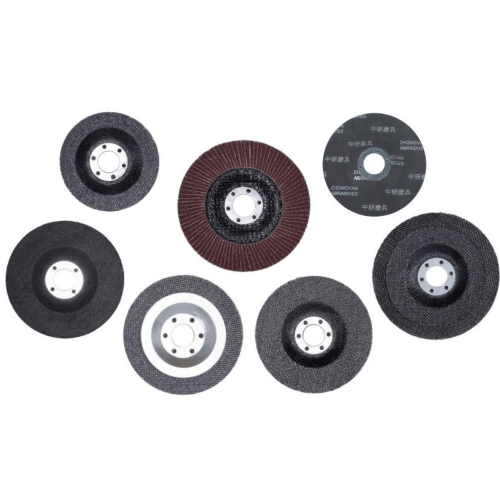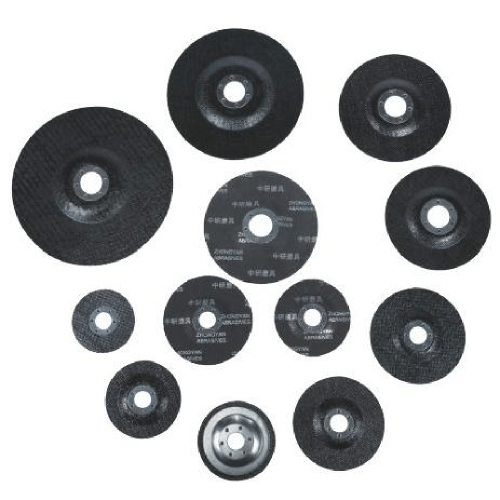wheel impact resistance
Wheel impact resistance represents a crucial safety and performance characteristic that determines how well a wheel can withstand sudden forces and collisions without compromising its structural integrity. This property encompasses multiple technical aspects, including material composition, design engineering, and manufacturing processes. Modern wheels undergo rigorous testing procedures to ensure they meet stringent impact resistance standards, utilizing advanced materials like high-strength aluminum alloys and reinforced composites. The testing typically involves subjecting wheels to controlled impact scenarios that simulate real-world conditions, including pothole strikes, curb impacts, and other common road hazards. The measurement of impact resistance involves analyzing both the immediate response to impact forces and the wheel's ability to maintain its essential characteristics after repeated stress exposure. Engineers employ sophisticated computer modeling and physical testing methods to optimize the balance between weight reduction and structural strength. This technology finds extensive applications across various vehicle types, from passenger cars to heavy-duty commercial vehicles, where reliable wheel performance is paramount. The implementation of proper impact resistance features helps prevent catastrophic wheel failures, enhances vehicle safety, and extends the operational lifespan of wheels under diverse driving conditions.


